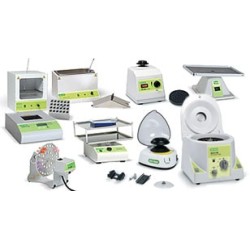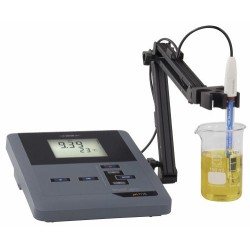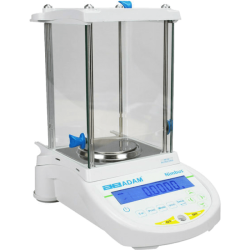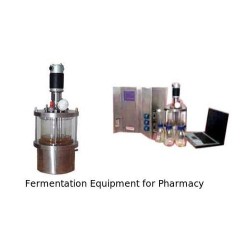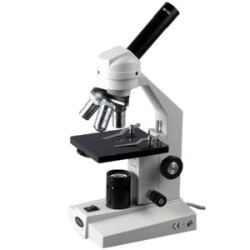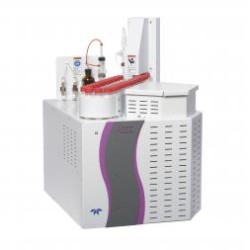HETEROGENEOUS CATALYSTS
Heterogeneous catalysts are extensively used in chemical industries because of their activity, selectivity and recycle capability. Industrial catalytic processes are highly cost effective as it is as it involves moderate reaction conditions, high yields, high throughputs, minimal by-products and process costs, which make the industrial process highly cost effective.
These catalysts mainly find applications in liquid phase hydrogenation, dehydrogenation, and oxidation reactions usually in stirred tank reactors. This requires finely divided material which can be easily suspended within the reaction medium.
Finely divided platinum group metal salts are supported on a high surface area material, with various loading, under extremely controlled conditions. It involves careful selection of various parameters such as a metal precursor, its concentration, pH, temperature, precipitating agent, reducing agent, sequence and rate of addition of various salts to make efficient catalysts.
The surface area of the support determines metal loading and dispersion. The pore size distribution influences the diffusion rates and controls the course of the reaction. Surface chemistry, and thermal and chemical stability of the support decides the performance of the catalyst. The metal location, its crystallite size and oxidation state influences a catalyst's selectivity. The support also facilitates improved metal recovery.
There are diverse advantages of tailored-catalyst that include strong technical assistance, capacity enhancement in short duration, higher metal return, shorter delivery time and world-class production facilities.




